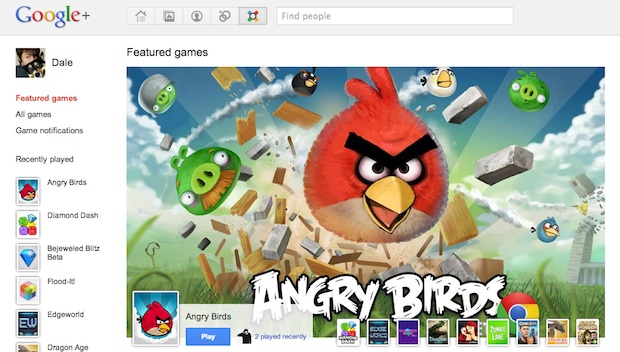MTN South Africa has once again emerged as the country’s top-performing mobile network, securing the highest score in the Q2 2025 MyBroadband Network Quality…
Facebook messenger app and phone number hoover

Earlier this week Facebook launched a mobile messaging app for iPhone and Android, creating some buzz and lots of angry buzzing. It’s not a dramatic move, but almost certainly a very important move for Facebook as it looks to become even more entrenched in our daily lives – and make ever more connections between Facebook members and their real-life identities.
 The app does roughly what messaging featre in the existing Facebook app does – except that it takes a few clicks out of the sending and receiving of messages. It also now ties Facebook’s messaging into the non-Facebook SMS world by allowing you to text contacts that aren’t on Facebook from the app, and brings Facebook messages and chats and SMS conversations into the same inbox. It also means that when you log into Facebook on the Web your conversations are unified. It also has some location, image sharing and group-messaging bells and whistles.
The app does roughly what messaging featre in the existing Facebook app does – except that it takes a few clicks out of the sending and receiving of messages. It also now ties Facebook’s messaging into the non-Facebook SMS world by allowing you to text contacts that aren’t on Facebook from the app, and brings Facebook messages and chats and SMS conversations into the same inbox. It also means that when you log into Facebook on the Web your conversations are unified. It also has some location, image sharing and group-messaging bells and whistles.
It also lets you bring contacts in from your phone’s address book if you sync it (danger! more on this below).
Over time if the app takes off it could lead to a sea change in the use of IP-based messaging, already started by popular mobile chat platforms like MXit and WhatsApp.
Which is all very nice. Unless you’re a mobile phone network operator, and have been stuffing your boots with the ultra-profitable SMS revenues for decades.
 What does have many people that pay attention to these kind of things very concerned is the hoovering up of your phone address book, spitting it up the packet pipe and onto Facebook’s servers. Some of the reaction has been hysterical, and your correspondent is certainly guily of this – Facebook has a history of wildly pushing out privacy boundaries and then pulling back (just a little) when the storm of protest gets too loud.
What does have many people that pay attention to these kind of things very concerned is the hoovering up of your phone address book, spitting it up the packet pipe and onto Facebook’s servers. Some of the reaction has been hysterical, and your correspondent is certainly guily of this – Facebook has a history of wildly pushing out privacy boundaries and then pulling back (just a little) when the storm of protest gets too loud.
The main bone of contention is inattentive or clueless users not paying attention to the synch privacy issue, and blasting their phone contacts up to Facebook central – names and numbers of people that at no point chose or desired to have their mobile number in the hands of a ruthless US corporate with a vested interest in harvesting data. There are reports of users seeing contacts being “matched” and auto-completed, with names and numbers suddenly appearing in their contacts list, but exactly what is going on is hotly debated (see comments as well).
Facebook has clearly been playing a delicate game of keeping the fire from becoming a brand-damaging conflagration by slightly tweaking the app – at first it essentially sucked up contacts serruptitiously, later adding big notification windows.
The privacy debate will continue – but will probably require lawmakers to slap the company back, as the implications are too subtle and long-term to drive real public discontent, as with its use of face-recognition and auto tagging technology. In the latest move with the app, without your consent, Facebook potentially has your name, your picture, and now your phone number.
Some good details on how to keep your contacts to yourself here. Although you just need one friend or colleague to share their contacts book and you’re borked anyway.


